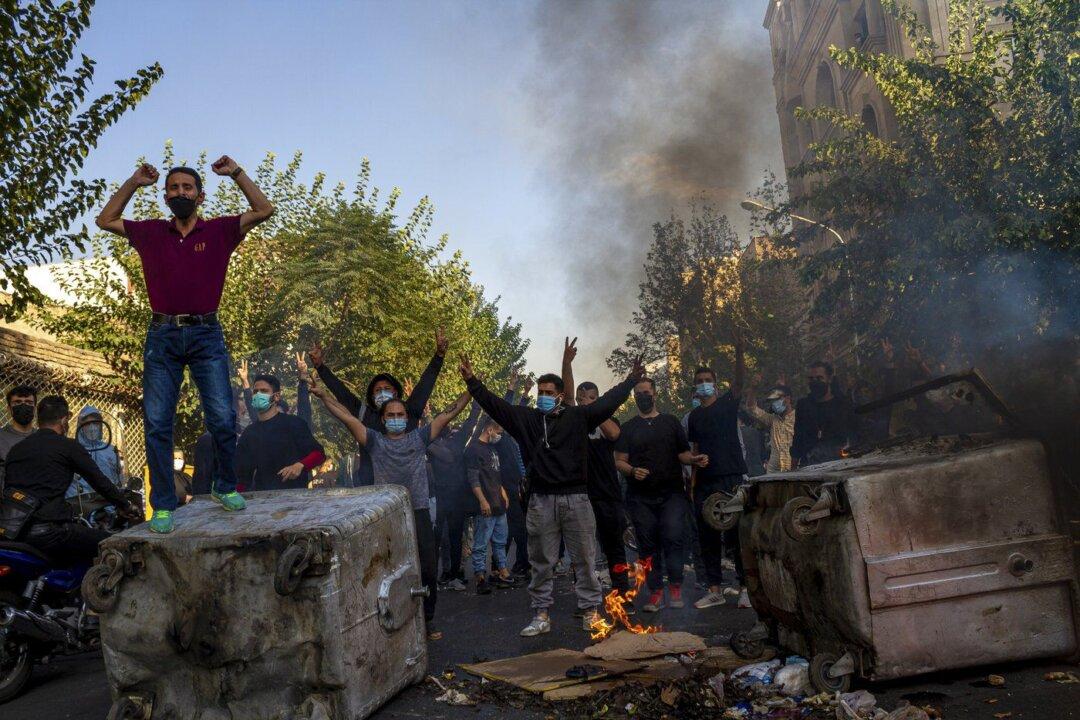Australia is using its new Magnitsky laws to implement sanctions on 13 individuals and two entities from Iran, including members of Iran’s Morality Police and the Basij Resistance Force and six Iranian individuals who have been intrinsically involved in the crackdown on protests following the death of 22-year-old Mahsa ‘Jina’ Amini.
Announcing the sanctions on Dec. 10, the Minister for Foreign Affairs and Trade, Penny Wong, said that the sanctions were in response to egregious human rights violations and abuses.




